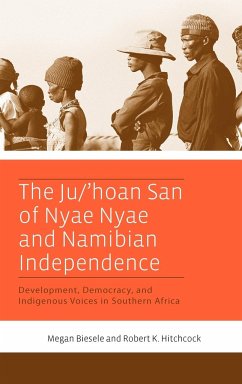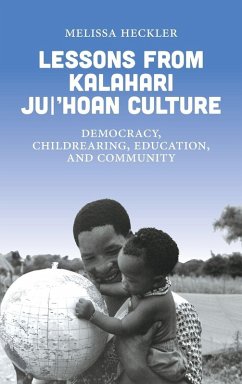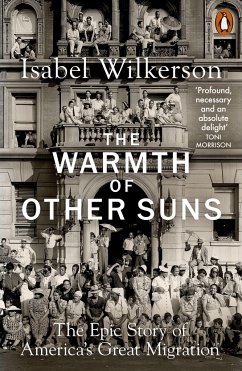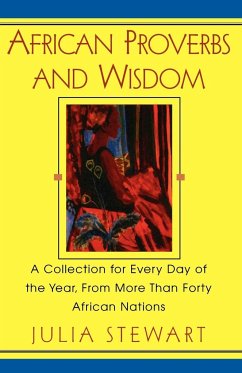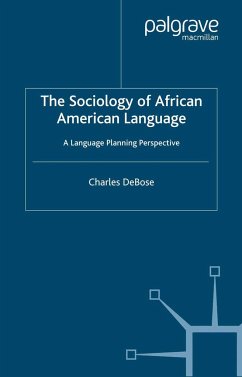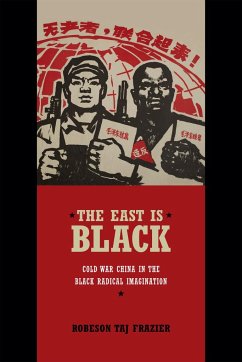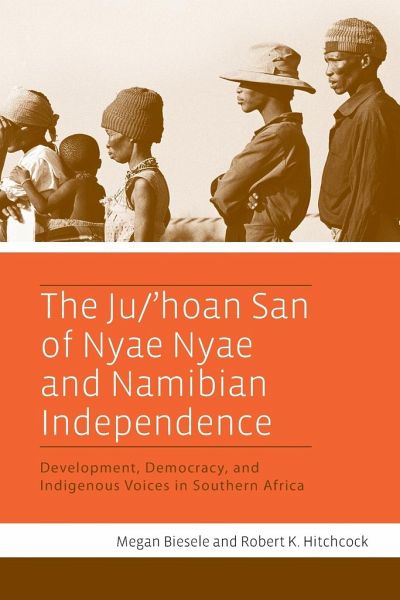
The Ju/'hoan San of Nyae Nyae and Namibian Independence
Development, Democracy, and Indigenous Voices in Southern Africa

PAYBACK Punkte
19 °P sammeln!
Demonstrates how a group of former hunter-gatherers, speaking an exotic click language, formed a grassroots movement that led them to become a dynamic part of the new nation of Namibia Discredits the images and myths of the Ju/'hoan and other San (previously called "Bushmen") as either noble savages or helpless victims Demonstrates the responsiveness of current anthropological advocacy to the aspirations of one of the best-known indigenous societies.



